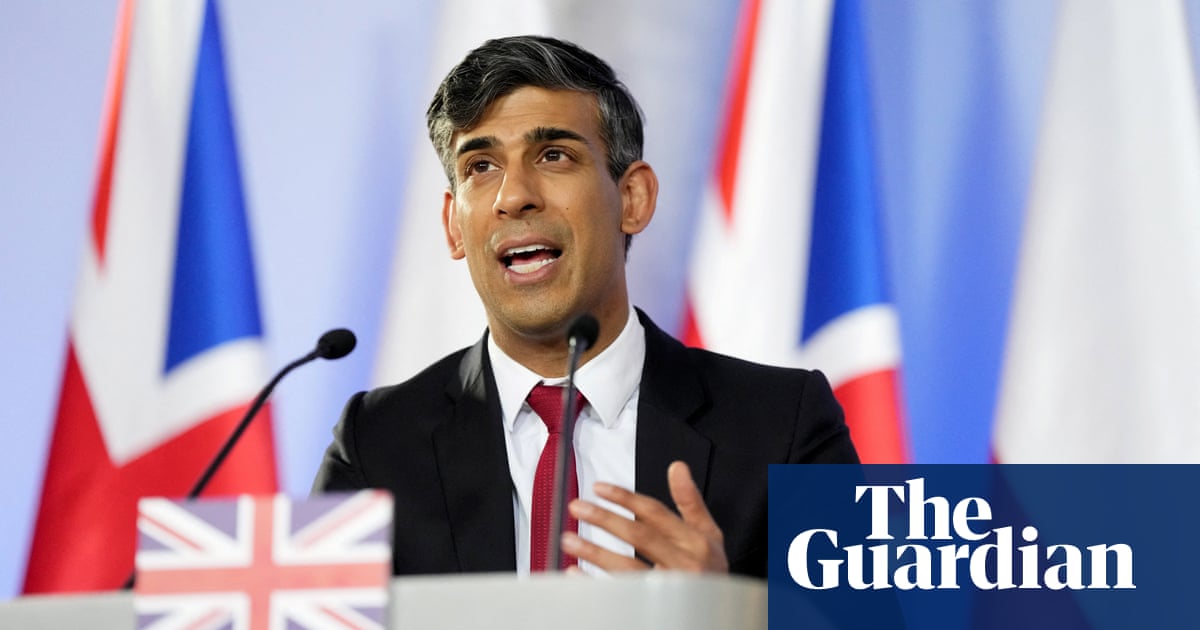
One of my favorite political risk adages comes from the 1936 screwball comedy “My Man Godfrey,” when William Powell relates why his character has gone to seed. Tellingly, he explains: “It’s surprising how fast you can go downhill when you begin to feel sorry for yourself.” By that wise standard — given that their basic lack of competence has been found out by the vaccine rollout debacle — Europe’s elites are very far down the plughole. In perhaps the understatement of the year, French President Emmanuel Macron mournfully put it this week: “We were not quick enough.”
The political risk fallout due to this titanic self-inflicted political wound is just beginning to surface. It will form the backdrop to increasingly unstable European politics well into the medium term, as political risk has dramatically increased in the continent’s big two political players: Germany and France. For Macron, the debacle puts his re-election in genuine peril. And, for the long-ruling center-right Christian Democratic Union (CDU), its dominance of German politics can no longer be taken for granted.
All of this naturally flows from the glaring policy failures exhibited by European elites over these fraught last few months. Presently, both pillars of the European establishment find themselves under genuine siege. Outgoing Chancellor Angela Merkel of Germany said perhaps more than she knew when she recently stated that grappling with the pandemic amounts to the “great litmus test” of the EU’s capabilities. It is a test that the bloc is demonstrably failing.
The political risk consequences of this historical failure have not been long in coming. At the end of March, German polls found the long-ruling CDU had its lead over the center-left Greens slashed from a more-than-comfortable 20 points to a miserly two points (the CDU-Christian Social Union alliance has 25 percent support, the Greens 23 percent). Frustrations over the bungled response to the pandemic entirely explain this sudden political earthquake.
The new head of the CDU, the deeply uncharismatic Armin Laschet, has seen support for his leadership plummet, even as he has managed to embroil himself in a public spat over coronavirus disease policy with the still-popular Merkel. An online survey found that nearly three-quarters of those polled do not regard Laschet as the right person to succeed Merkel, including a decisive 73 percent of CDU voters.
Frustrations over the bungled response to the pandemic entirely explain this sudden political earthquake.
Dr. John C. Hulsman
Given that Laschet was only confirmed as CDU leader by a hand-picked 1,000 party functionaries — a barely democratic process Merkel and the party establishment insisted on so they could control the outcome — Laschet’s lack of political legitimacy leaves him vulnerable at precisely this moment of political crisis.
The CDU/CSU will formally decide on their chancellor candidate during the months of April and May, ahead of the September parliamentary elections. Given the rollout debacle and the political crisis that it has spawned for the CDU, it is no longer a sure thing that Laschet is effortlessly given the CDU/CSU election mantle, as had been expected. With the Greens breathing down the neck of the CDU — and with a traffic light coalition of the Greens, the reds (the center-left SPD) and the yellows (the center-right FDP) suddenly a possible alternative to continued CDU rule — sleepy German politics has just awakened.
Also due to the political risk brought on by the vaccine rollout debacle, Macron is no longer the shoo-in for re-election the complacent European commentariat has for so long assumed. An early March Harris Interactive poll found him only six percentage points ahead of his likely challenger, the populist far-right candidate Marine Le Pen, in terms of second-round voting preferences, 53 to 47 percent.
Strikingly, Macron’s decline in the polls is entirely due to left-wing French voters no longer being prepared to unenthusiastically vote for him in order to keep a mainstream candidate in power at the expense of the far right. The “Republican Front,” which until now has kept both the far-right Jean-Marie Le Pen and his daughter from the presidency in successive elections since 2002, is effectively dying. Given the frustrating months ahead for France with a lengthened lockdown, and all the social and economic costs that portends, politically Macron is clearly as vulnerable to Le Pen as he has ever been.
Of course, there is a long way to go until the German elections in September of this year and even further to the French presidential contest of April-May 2022. It is also true that, by the autumn, barring any other unforeseen events, almost all adults in Germany and France ought to have been vaccinated at last. There is also little doubt that a global economic sugar rush of repressed demand will be unleashed as the world opens up. Both these structural factors bode very well for the European establishment being able to overcome its horrendous pandemic mistakes and to continue to govern. However, given the massive policy errors of the past few months, it would take only one more major mistake in either France or Germany for the European establishment as we know it to unravel. Political risk is on in Europe in a way it has not been in decades.
• Dr. John C. Hulsman is the president and managing partner of John C. Hulsman Enterprises, a prominent global political risk consulting firm. He is also senior columnist for City AM, the newspaper of the City of London. He can be contacted via chartwellspeakers.com.
Disclaimer: Views expressed by writers in this section are their own and do not necessarily reflect Arab News" point-of-view












